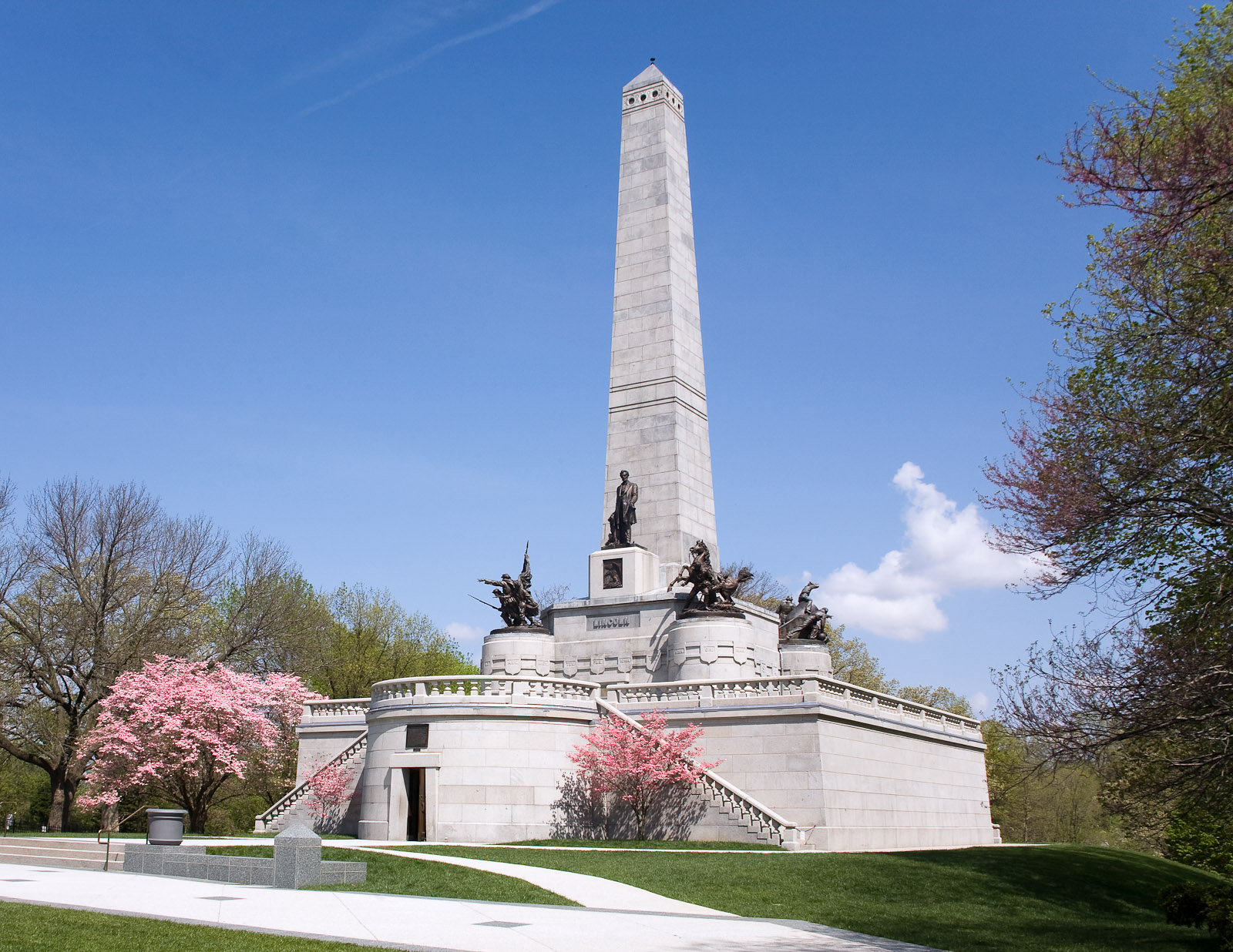eagle1462010
Diamond Member
- May 17, 2013
- 69,215
- 34,246
Joseph and Imhotep - CreationWiki, the encyclopedia of creation science
The identity Joseph in Egyptian history is debated, but some scholars identify him with Imhotep, who was the vizier during the Third Dynasty under PharaohNetjerikhet (also called Djoser / Zoser). It this possible? Many scholars debate whether Imhotep himself was a real person or just a contrived legend. Either way, Imhotep is described as having been born in Egypt to Egyptian parents (his father was an architect named Kanofer), he served under multiple Pharoahs[1], and was fully Egyptian. We have no records of his age upon death. Joseph on the other hand, was Hebrew (a descendant of Eber) and in no wise of Egyptian descent.
he Famine Stele is one such Non-Biblical Egyptian record that not only proves that Netjeriket and Djoser were the same person, it shows that Djoser owned the land and had the right to give land to the priests. The Famine Stele also gives an account of a seven year famine in which Imhotep is credited with saving Egypt by interpreting the Pharaoh's dream.
Given the many similarities between Joseph and Imhotep and the finding of of some of the oldest grain silos in Egypt in the Step Pyramid complex of Djoser, the Famine Stele is powerful proof that Joseph and Imhotep were the same person.
The identity Joseph in Egyptian history is debated, but some scholars identify him with Imhotep, who was the vizier during the Third Dynasty under PharaohNetjerikhet (also called Djoser / Zoser). It this possible? Many scholars debate whether Imhotep himself was a real person or just a contrived legend. Either way, Imhotep is described as having been born in Egypt to Egyptian parents (his father was an architect named Kanofer), he served under multiple Pharoahs[1], and was fully Egyptian. We have no records of his age upon death. Joseph on the other hand, was Hebrew (a descendant of Eber) and in no wise of Egyptian descent.
he Famine Stele is one such Non-Biblical Egyptian record that not only proves that Netjeriket and Djoser were the same person, it shows that Djoser owned the land and had the right to give land to the priests. The Famine Stele also gives an account of a seven year famine in which Imhotep is credited with saving Egypt by interpreting the Pharaoh's dream.
Given the many similarities between Joseph and Imhotep and the finding of of some of the oldest grain silos in Egypt in the Step Pyramid complex of Djoser, the Famine Stele is powerful proof that Joseph and Imhotep were the same person.
